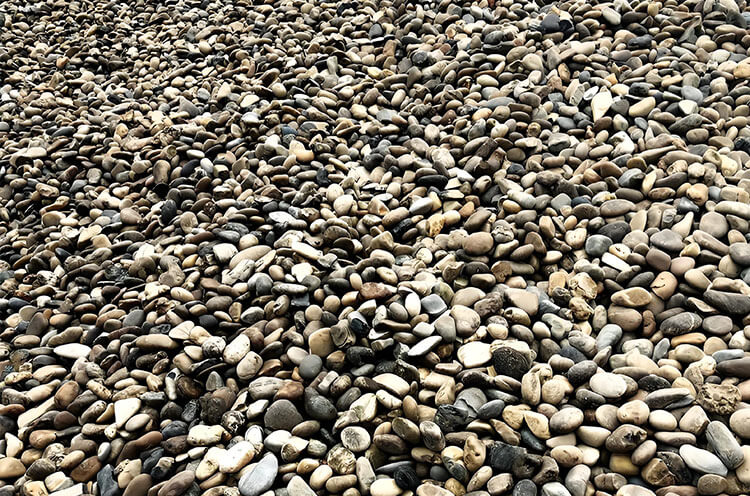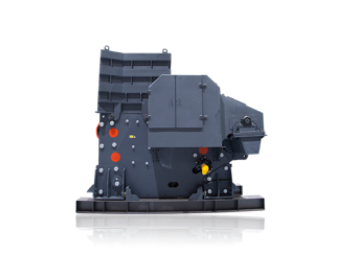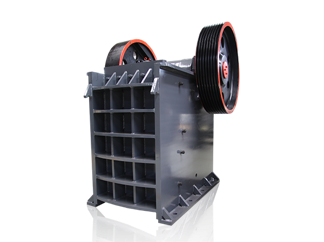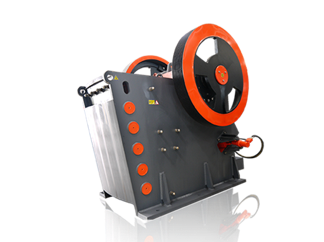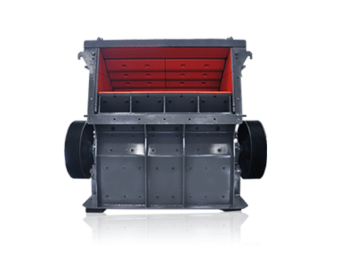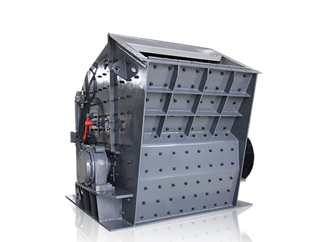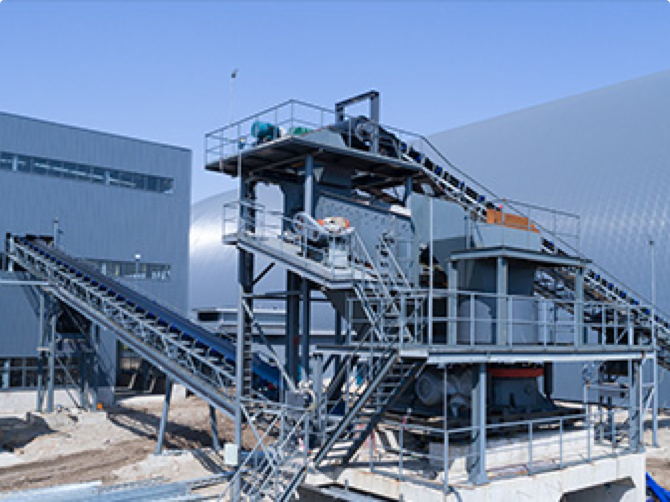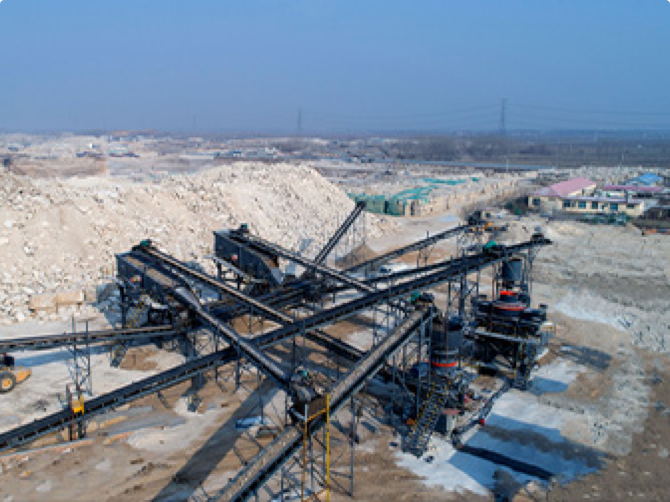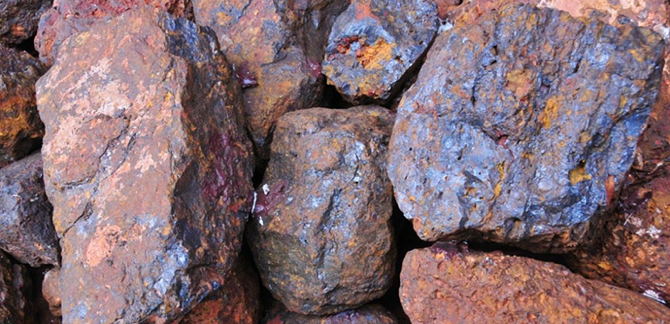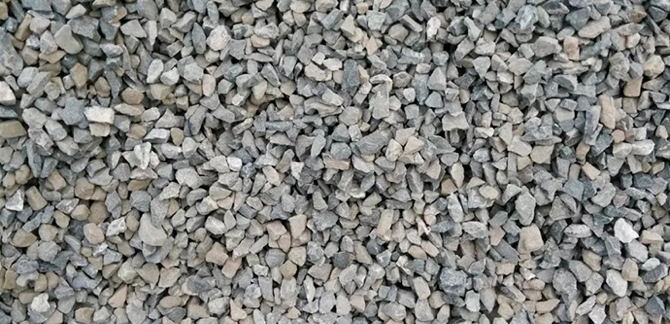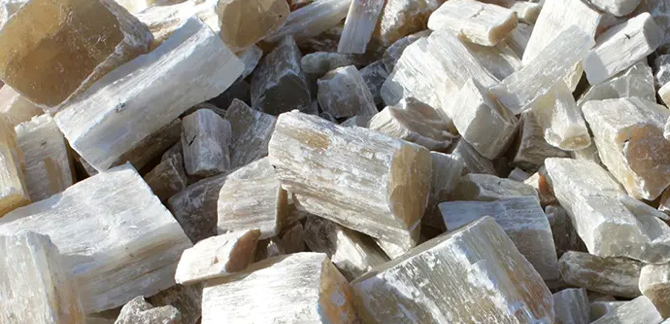As the demand for sustainable building materials continues to rise in the construction industry, natural pebbles have become increasingly favored. Composed primarily of silicon dioxide, pebbles are dense, hard, and smooth, making them an ideal raw material for road construction, concrete aggregates, and hydraulic projects.
Traditional pebble crushing lines typically consist of a jaw crusher for primary crushing followed by a cone crusher for secondary and tertiary stages. However, in remote or rugged construction sites, the installation and commissioning of stationary plants can be costly and time-consuming, limiting production efficiency.
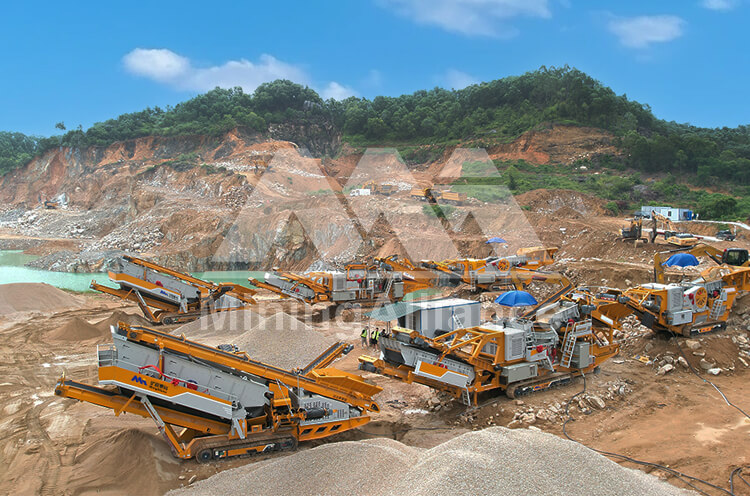
The introduction of mobile crushing and screening stations has significantly improved the situation. Integrating crushing, screening, and conveying functions, these stations can be rapidly deployed to job sites without the need for complex foundation works. Particularly suited for hard materials like pebbles, the tracked mobile plants offer powerful drivetrains and impact resistance, handling demanding crushing tasks with ease.
To address the challenges of high hardness and wear, mobile crushing stations for pebbles are equipped with wear-resistant steel liners and high-manganese alloy hammers or cones, effectively prolonging service life and reducing maintenance costs. In addition, multi-layer vibrating screens allow efficient separation of finished products into various sizes, catering to diverse market demands.
From an environmental perspective, mobile plants are equipped with advanced dust suppression systems and low-noise engines, minimizing their environmental footprint. This makes them especially suitable for urban demolition projects or operations in environmentally sensitive zones.

